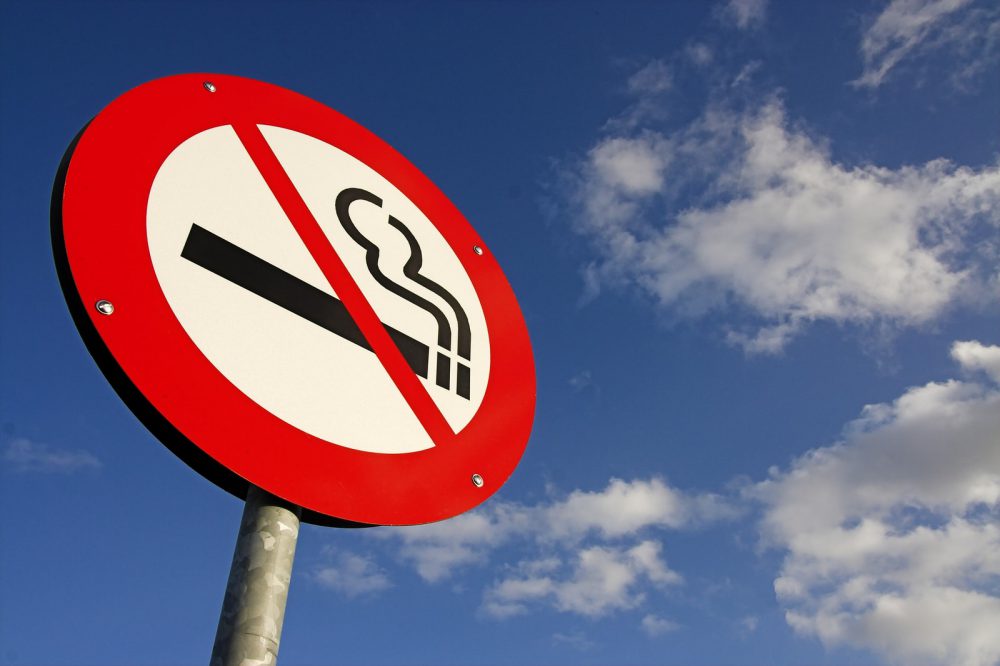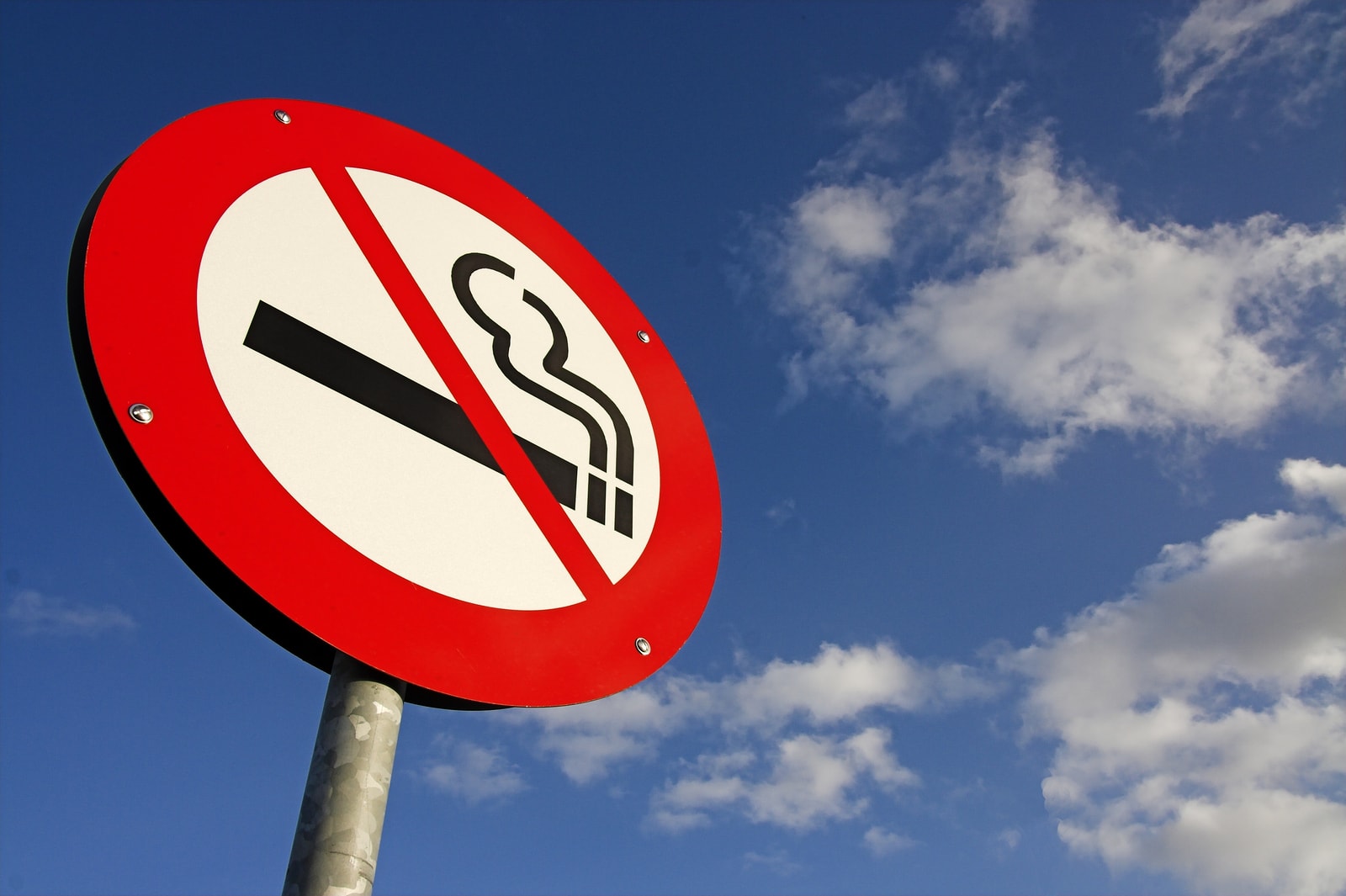
New York City, a town known for professional baseball, has sent a line drive straight at smokeless tobacco, knocking it and other nicotine alternatives out of the park and away from the cheap seats for good.
In early April, Mayor Bill de Blasio signed a law extending the city’s prohibition on smoking to include all forms of tobacco products, meaning chewing tobacco and electronic or e-cigarettes, from being used at sports venues such as Yankee Stadium and Citi Field, as well as all public recreational areas.
The New York ban follows similar measures enacted since 2015 at professional sports fields in San Francisco, Los Angeles, Boston and Chicago. The ban applies to public fans and Major League Baseball players alike.
Chewing and Smoking Tobacco Usage
The move by public officials in the home cities of many iconic MLB franchises has been championed by the national non-profit organization Campaign for Tobacco-Free Kids and its Knock Tobacco Out of the Park initiative.
Knock Tobacco Out of the Park, a coalition of public health and medical organizations, has been diligent in its efforts to educate people about smokeless tobacco. The coalition has provided access to reports by the Centers for Disease Control and Prevention (CDC), which show that high school athletes, in particular, use the product at nearly twice the rate of non-athletes.
The CDC and other health organizations have long stated that smokeless tobacco can be just as dangerous, containing at least 28 known carcinogens, and can lead to addiction and other health issues, similar to cigarettes.
More alarming, the federal agency found that while cigarette and cigar use by high school students had dropped substantially between 2001 and 2013, smokeless tobacco use among young athletes rose more than 11% during the same period.
You Might Also Enjoy: Nullifying Nicotine: An End to Addiction
Tobacco-Free Baseball
Such statistics have helped reinforce the position of lawmakers looking to make a visible change. On Opening Day 2016, U.S. Rep. Frank Pallone (D-N.J.) wrote a letter to MLB Commissioner Robert Manfred and the Major League Baseball Players Association urging the union and the league to take a stance.
“These players are role models,” Pallone wrote, according to a report from The Hill, “and their behavior and habits trickle down to youth players.”
Tobacco use has long been associated with baseball dating back to the game’s earliest days.
According to a June 2014 report on CNN.com, a survey of players in 1999 found that nearly one-third of rookie players regularly chewed tobacco and more than two-thirds had tried it.
While chewing tobacco use has been banned for 23 years in minor league baseball, major-league players were not affected due to a union contract clause that allowed its use. In 2011, MLB tweaked its rules regarding smokeless tobacco, partnering with the players’ association to restrict teams from providing players with tobacco and barring players from keeping tobacco tins in their uniforms or using chewing tobacco while giving interviews.
In 2014, former San Diego Padres Hall of Fame player Tony Gwynn died of salivary gland cancer. Gwynn had been a well-known user of smokeless tobacco throughout his career. He wasn’t the first star player to be diagnosed – from Babe Ruth to Brett Butler, many baseball players have found themselves battling oral cancer.
Other players who successfully battled oral cancer and survived, such as former MLB pitcher Curt Schilling, have publicly supported a ban on smokeless tobacco for nearly a year.
“This is about our kids,” Schilling told CBS Sports in August 2015. “We have to accept the responsibility that we impact the decisions and the choices that they make.”









